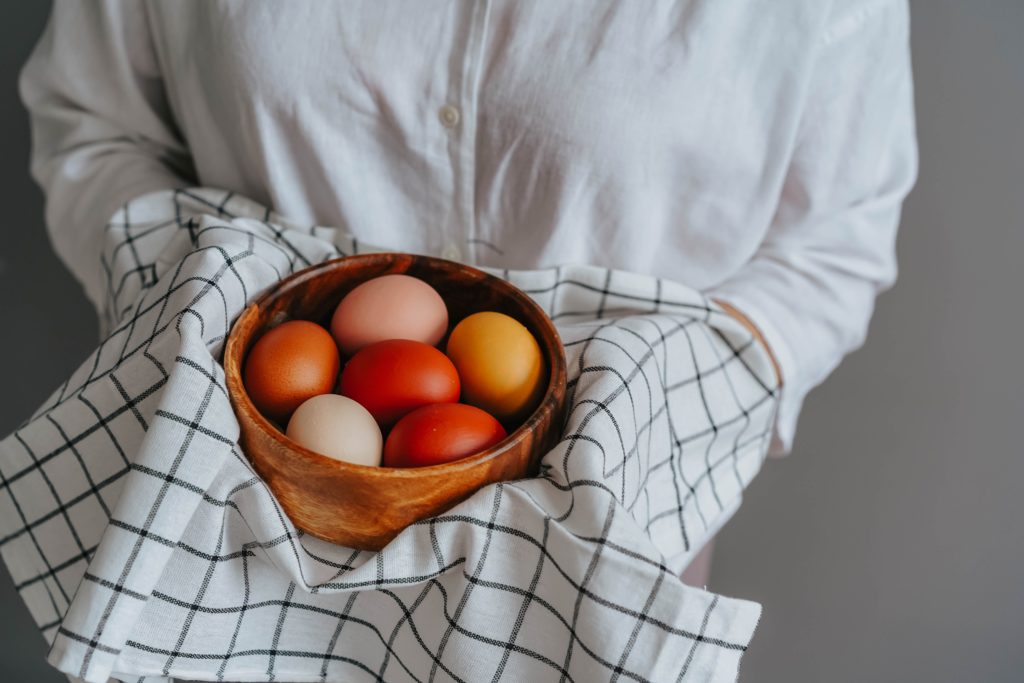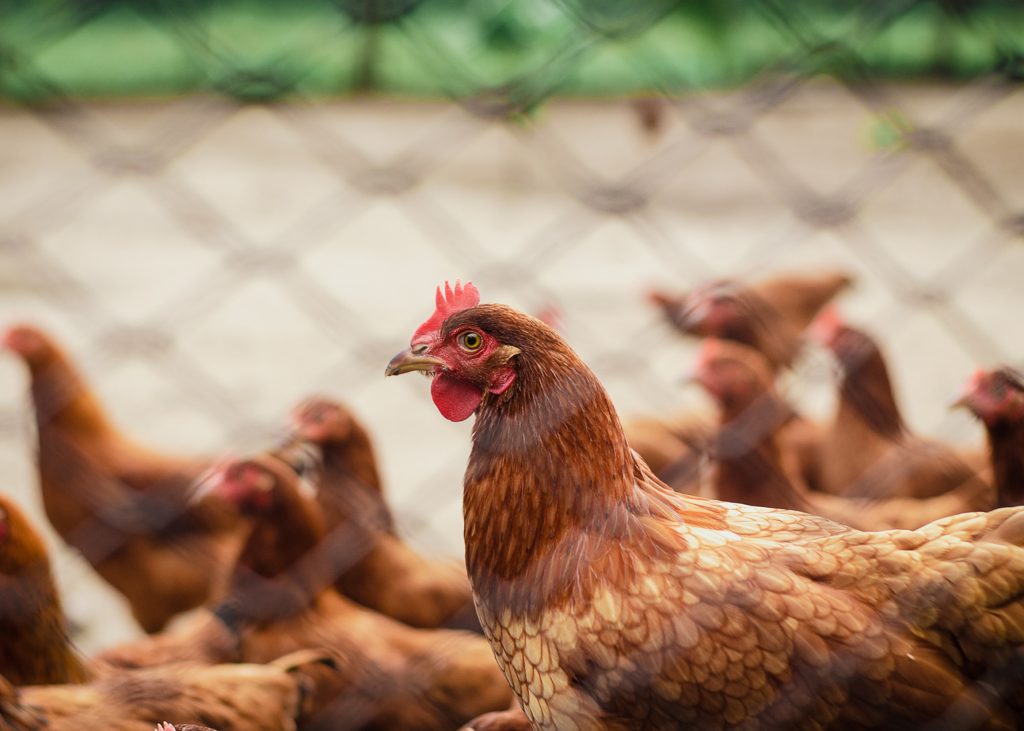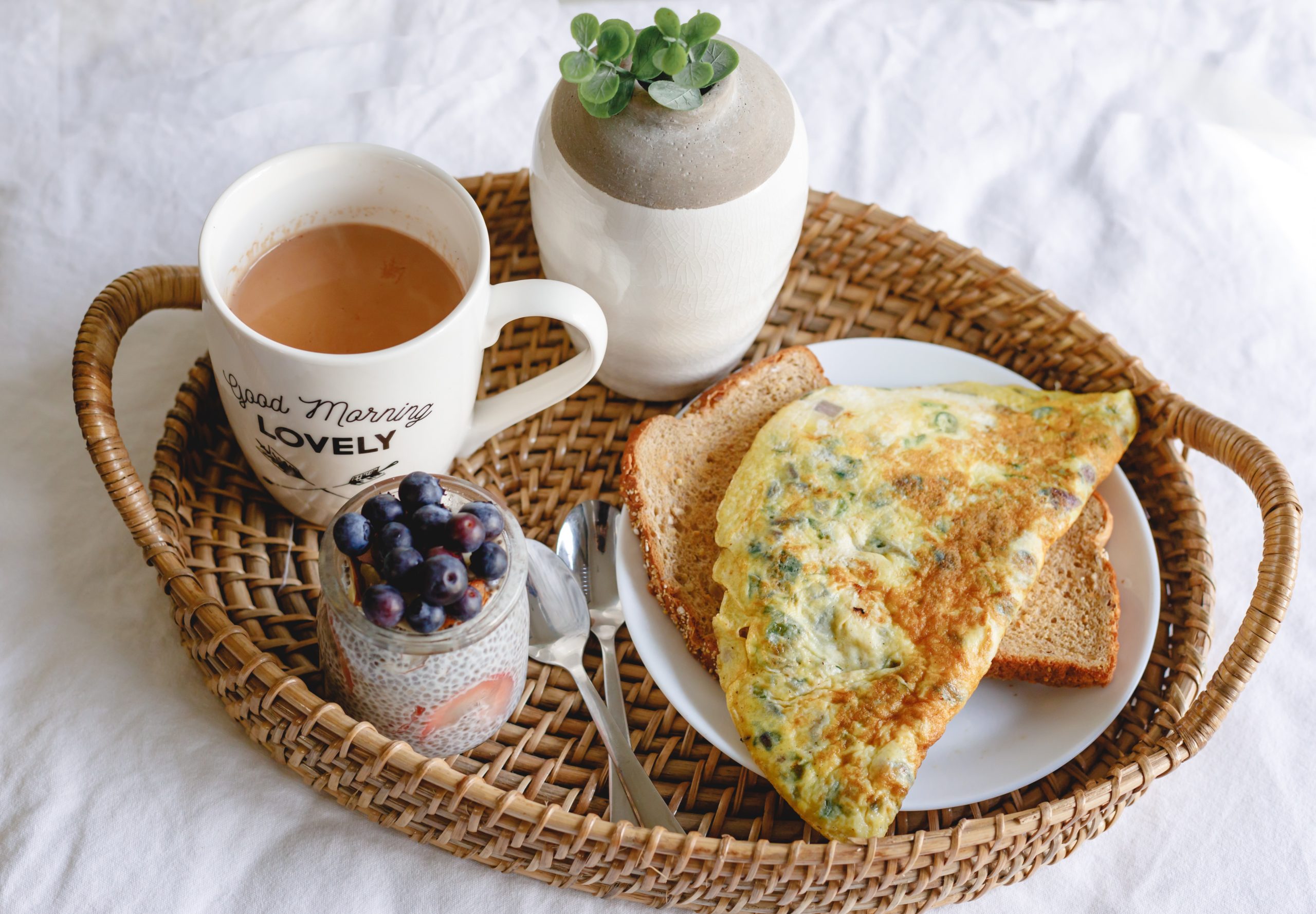Perfeggt Aims To Crack The Recipe For Vegan Eggs Following Successful Fundraising Round
4 Mins Read
Berlin-based food tech outfit Perfeggt has announced an early 2022 launch of its debut animal-free egg. The news comes after a successful initial funding round that saw the young startup raised $2.8 million. The first product launch will be limited to Germany, Austria, and Switzerland, with European expansion later in 2022.
Thanks to investment from Good Seed Ventures, Sustainable food Ventures, and the EVIG Group, amongst others, animal-free egg maker Perfeggt has secured funding to launch early next year. Owned by Lovely Day Foods GmbH, the brand was founded on the premise of offering another way to eat eggs. “I really believe we deserve better food,” Perfeggt co-founder and CEO Tanja Bogumil told TechCrunch.
Bringing science into the kitchen
There are already a number of vegan egg players in the market, though Bogumil feels that there is room for more. Citing global egg production as reaching 1.3 trillion, the figure represents a huge opportunity for swaying consumers. Though initially, Perfeggt will be supplied to foodservice companies, not direct to consumers.
Working alongside the Netherlands’ Wageningen University & Research, heralded for its life sciences studies, the Perfeggt R&D team tested various plant-based protein sources to find the perfect legume that would mimic egg’s properties while being easy to flavour.

Favouring a liquid egg alternative, Perfeggt is a protein-rich suspension made using fava beans. The liquid can be used just as beaten chicken eggs can to create scrambled and omelette-based meals. Taste, texture, and mouthfeel have all been prioritised to attract a non-vegan consumer audience. The recent funding round will allow the startup to recruit a larger R&D team.
Egg production in focus
Not just for vegans, plant-based eggs are an answer to a wider problem: the egg industry as a whole. In 2019, more than 82.17 million metric tons of eggs were produced globally, leading to an average consumption of 161 eggs per person. Breaking this down into specific countries, one study lists Kuwait, Mexico, Japan, and China as the biggest consumers. Japan alone claims an average of 320 eggs per person—twice the global estimate. In a bid to keep up with demand, the country has refused to align with global welfare standards, choosing to retain the controversial battery farming practice as the primary source of production.
Since 1990, egg production has increased 100 percent, leading to more backlash over practices carried out within the industry. Many raise ethical questions and have forced legislative change, though there are calls for more to be done. From dirty and cramped laying conditions to more shocking practices such as beak trimming and culling male chicks en masse. Egg-laying hens suffer for around two years before dying, usually due to hunger and dehydration. As consumer awareness has increased, so too has the use of friendly industry terms such as ‘humane’ and ‘free range’. The former was deemed as misleading in Australia earlier this year.
Animal-free eggs are now a competitive market
Perfeggt is not the first vegan egg to come to market. Startups around the world have been experimenting with protein sources and textures and some are coming to market with food tech firmly on the menu.
Californian startup the EVERY Company, formerly known as Clara Foods, has created ClearEgg, an animal-free but molecularly identical egg protein liquid via precision fermentation technology. The product is designed to be added to other manufacturers’ lines, to boost nutrition. We reported that Pressed smoothies are utilising it earlier this month.

Based in Texas, Craft Counter has already made a name for itself with its vegan chicken nuggets—and now, it is releasing a boiled egg alternative. WunderEggs will cook and taste like conventional eggs and have been crafted using nuts and coconut milk. They are soy, gluten, grain- and cholesterol-free.
Singapore’s Hegg, a subsidiary of Singaporean startup Hoow Foods, aims to offer a healthy and sustainable alternative to chicken eggs. Made using a proprietary AI platform called RE-GENESYS that analyses and recreates the physiochemical properties of foods, Hegg is a powdered egg replacement specifically developed to cater to Asian cuisine.
Creating a sunny-side-up vegan egg, YO-Egg is an Israeli startup with a bold vibe. It claims that its products have all the nutrients that conventional eggs do, just with none of the cholesterol, but this is yet to be objectively assessed. The ‘white’ has been created from a protein-rich liquid, while the ‘yolk’ comes by molecular processing. Ingredients are a closely guarded secret and pretending patent approval.
Reflecting on the healthy amount of sector competition, Bogumil told TechCrunch: “This is not a one-winner-takes-all market. We have never in history seen alternative proteins be so close to the mainstream market. Clearly that is reflected in the capital markets, and not just for developing niche markets, but for the future of food.”
All images courtesy of Pexels.




